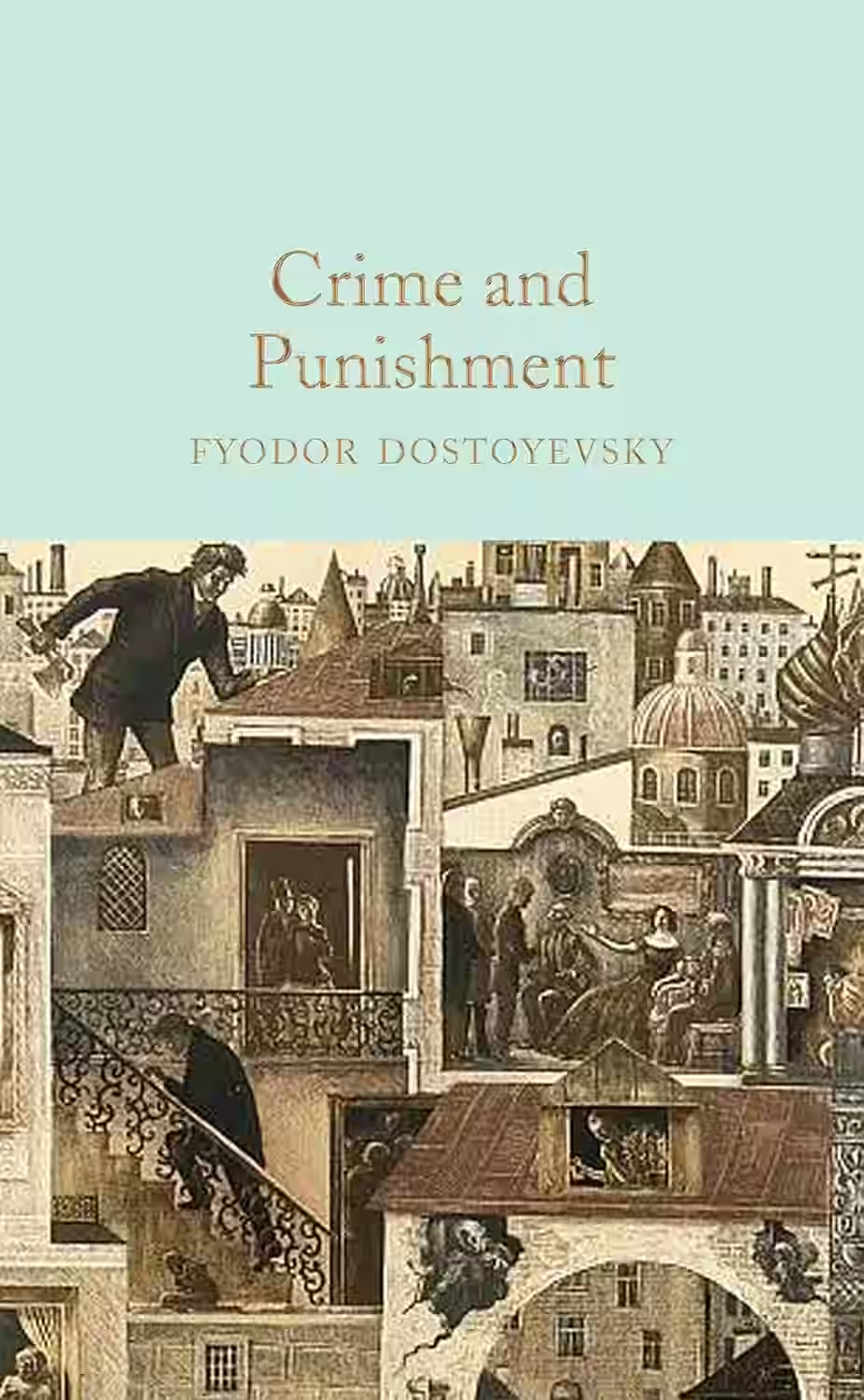Fyodor Dostoevsky
A towering figure in Russian literature, Fyodor Dostoevsky explored profound philosophical and psychological themes in his novels, such as Crime and Punishment and The Brothers Karamazov. His works delve into the complexities of human morality, faith, guilt, and redemption with intense psychological depth and compelling characters grappling with existential questions. Dostoevsky's profound insights into the human condition have had a lasting impact on literature and philosophy.

The murder of brutal landowner Fyodor Karamazov changes the lives of his sons irrevocably: Mitya, the sensualist, whose bitter rivalry with his father immediately places him under suspicion for parricide; Ivan, the intellectual, driven to breakdown; the spiritual Alyosha, who tries to heal the family's rifts; and the shadowy figure of their bastard half-brother, Smerdyakov. Dostoyevsky's dark masterwork evokes a world where the lines between innocence and corruption, good and evil, blur and everyone's faith in humanity is tested.

Fyodor Dostoevsky’s Crime and Punishment is a psychological and philosophical novel that follows Raskolnikov, a destitute student in St. Petersburg who murders a pawnbroker. Haunted by guilt and moral conflict, he undergoes a mental and spiritual descent, questioning the nature of justice, free will, and redemption. The novel probes the consequences of rationalizing crime and challenges utilitarian ethics. With intense character study and existential depth, it remains a cornerstone of Russian literature and a profound meditation on conscience and punishment.

Fyodor Dostoevsky’s 'Notes from Underground' is a profound exploration of the human psyche through the eyes of its bitter and introverted narrator, a retired official who chooses to isolate himself from society. Set in 19th-century St. Petersburg, this seminal work splits into two parts: the narrator's philosophical monologue critiquing the rationalist approach to life and society, followed by his complex interactions and sometimes anger-fueled alienation from others. This novella digs deep into themes of free will, existentialism, and the contradiction inherent in human nature, paving the way for existentialist thought. Dostoevsky crafts an unsettling, yet introspective narrative that resonates deeply with readers confronting the paradoxes and irrationalities of the human condition.